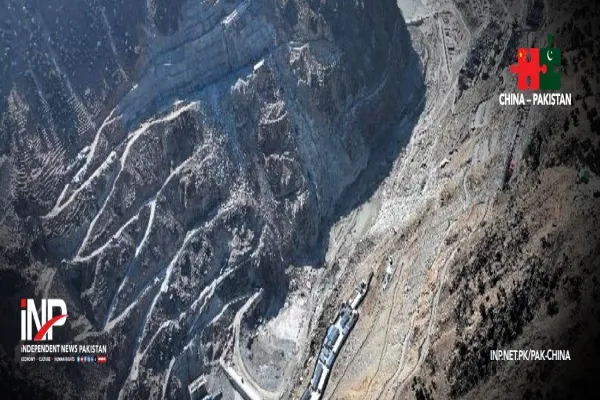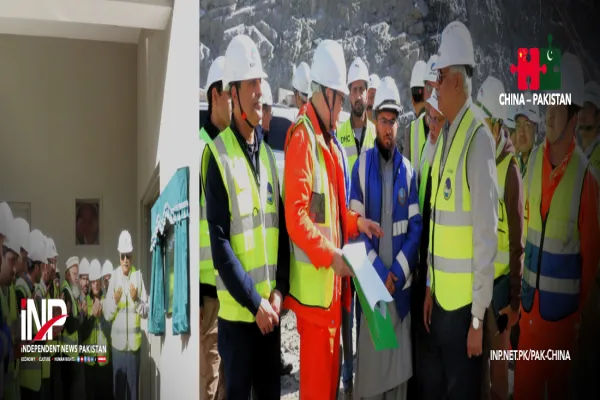i NEWS PAK-CHINA
Under CPEC framework, the Pakistani government has earmarked Rs 200 million in the first phase for Gwadar Smart Environment Sanitation System and Landfill Project. The project has already been approved in PSDP and Central Development Working Party with formulation of PC-1 and holistic feasibility report, Gwadar Pro reported on Tuesday. In this regard GDA DG Saif Ullah Khaithran divulged that they will lay down foundation of smart waste management systems on modern lines.
He said the Gwadar Smart Environment Sanitation System and Landfill Project will help lift, recycle and dump all kind of residential and commercial waste through state of art SOPs and modern machineries. Solely Gwadar city generated more than 20 tons per day in 2024 compared to 5 tons per day in 2010 in the backdrop of steady uptick in commercial activities and increasing numbers of housing units.
Currently, the majority of solid waste is dumped in the open at undeclared landfills or open grounds in Gwadar. Although most of the components of solid waste are inert and useful for reuse and recycling, others may prove highly hazardous and fatal to the general public. The project aims to establish a smart sanitation and solid waste management system to ensure sustainable development in Gwadar City.
The project includes mechanical cleaning and manual cleaning for which sprinkle trucks and sweeper trucks would be utilized. The project also includes a container collection system, manual collection system, and transportation system. Sealed garbage containers would be placed in public and residential areas. Door-to-door collection of solid waste management collection personnel would be arranged.
A major component of solid waste is the biodegradable waste that does not carry any price tag and is the worst of all sorts of waste as it decomposes soon after being dumped. Insects and pests harbour organic waste, causing a foul smell due to aerobic decomposition. It also emits greenhouse gases (GHG) into the atmosphere. The best way to recycle the organic solid waste is through anaerobic fermentation into a closed chamber to get biogas as a source of clean energy and decomposed organic manure besides earning carbon credits.
At present, solid waste collection in Pakistan stands at only 50% of the total generated waste. Recycling is among the most effective means through which solid waste can be reduced and natural resources can be conserved by reusing materials and putting them back into productive use.
Credit: Independent News Pakistan (INP) — Pak-China









